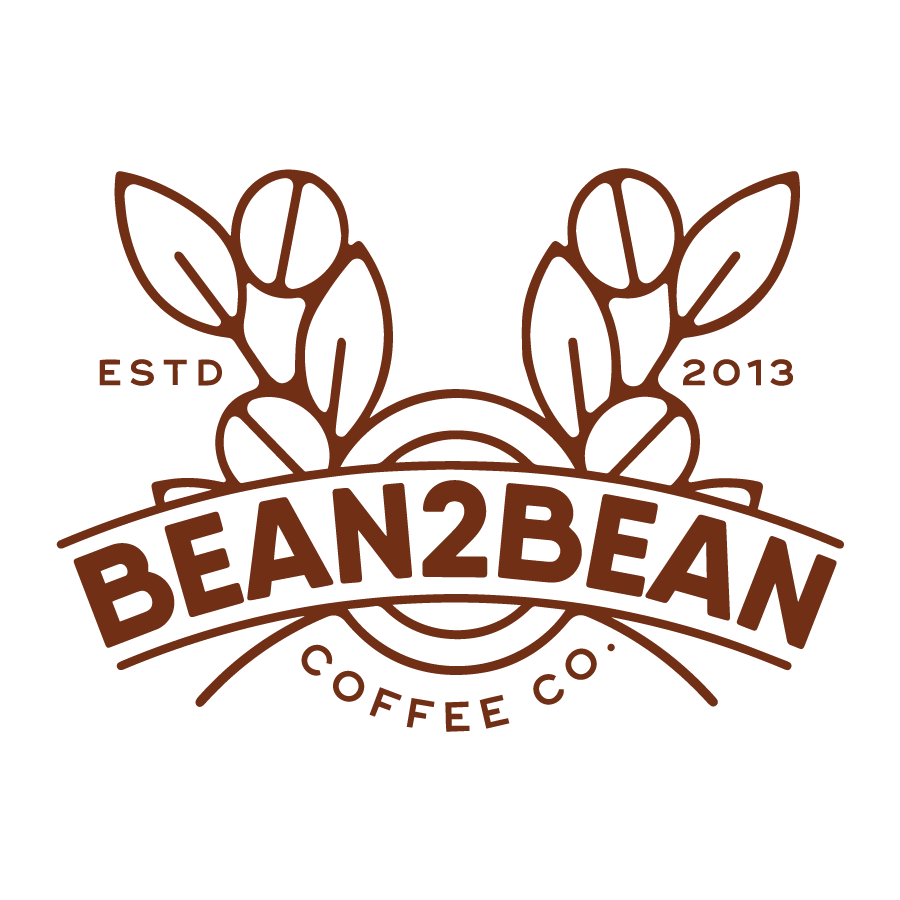My Journey: Onward | Obel Hernandez Sr
Obel Hernandez Sr. and a colleague at a coffee farm in Central America.
Onward:
Sourcing Specialty Coffee
While working for Maxwell House, I visited the manufacturing plants in Hoboken, New Jersey; Jacksonville, Florida; Houston, Texas; and San Leandro, California. My first visit was to the Jacksonville plant, and it absolutely blew my mind when I saw hundreds of blue cans of coffee flying through the conveyor system at lighting speed. When I started in 1985, all of these plants were hand-operated 24 hours a day, seven days a week.
Obel Hernandez Sr. tasting different coffees for Maxwell House.
Gaining Experience
Working in the Financial District of Lower Manhattan in New York City not only gave me the opportunity to learn from some of the most experienced people in the coffee business, but also allowed me to see first hand what took place on the New York Stock Exchange trading floor before everything was done electronically. Coffee has been a commodity since the late 1880’s, and the price of coffee was set by the New York Coffee Exchange, now recognized as the Intercontinental Coffee Exchange (ICE). In 1995, I had the distinct honor of receiving a Graders License to certify coffees for the New York Board of Trade (NYBOT).
A farmer at a coffee mill processing green coffee beans.
Controlling Defects
The preparation of green coffee starts in the country of origin, and what farmers are able to do at the coffee mills is pretty cool. When importers ask for a particular number of defects, the farmer is able to supply hundreds of thousands of bags of coffee with that specified number.
Hand sorters used to sort coffee at a Central American coffee mill.
While some coffee mills have a great deal of equipment to control the number of defects they want to allow, other mills will use hand sorters to separate defected beans like black, broken, insect damaged, patio stones, and other triage. Once the green coffee was purchased by Maxwell House and it arrived at the US ports, we would receive samples from each individual supplier. My job was to insure the coffee conformed contractually to all of our specifications, which involved analysis of both the flavor and grade. If the coffee failed to meet our requirements, I would reject the coffee, and it would remain the property of the importer who sold it to us.
Assorted coffee beans.
Introducing Specialty Coffee
One of the reasons I love working with specialty coffee is that many of the imperfections found in commercial coffee can be eliminated. Commercial coffee typically incorporates 23 defects, whereas specialty coffee classified as European Preparation typically has no more than eight. Depending on what you're looking for and your price-point, you will have a better quality product with specialty coffee than commercial coffee. If protecting your product quality is your most important priority, buying better green coffee is the way to go. Because of my experience certifying coffee for ICE, I'm proud that I can ensure most of the coffee purchased at Bean2Bean is specialty coffee with close to zero defects.
I will later talk about how some of these imperfections affect a cup of coffee, as well as the difference between washed and processed coffee vs. natural preparation, the difference between Arabica and Robusta coffees, different types of coffee trees, and more on why we pay more for specialty vs. commercial coffee.





